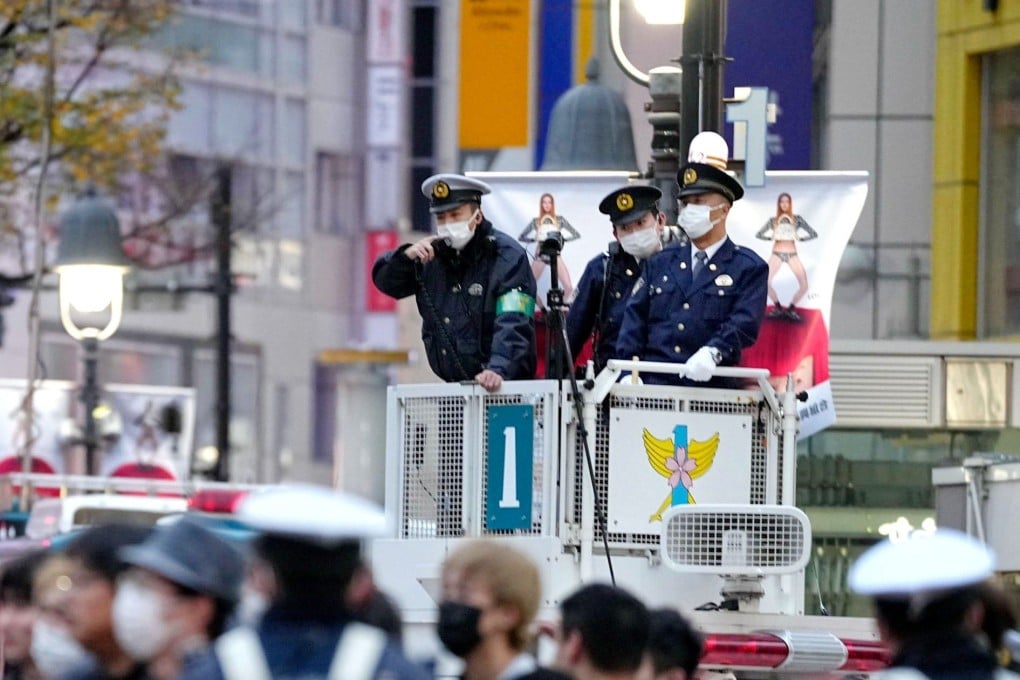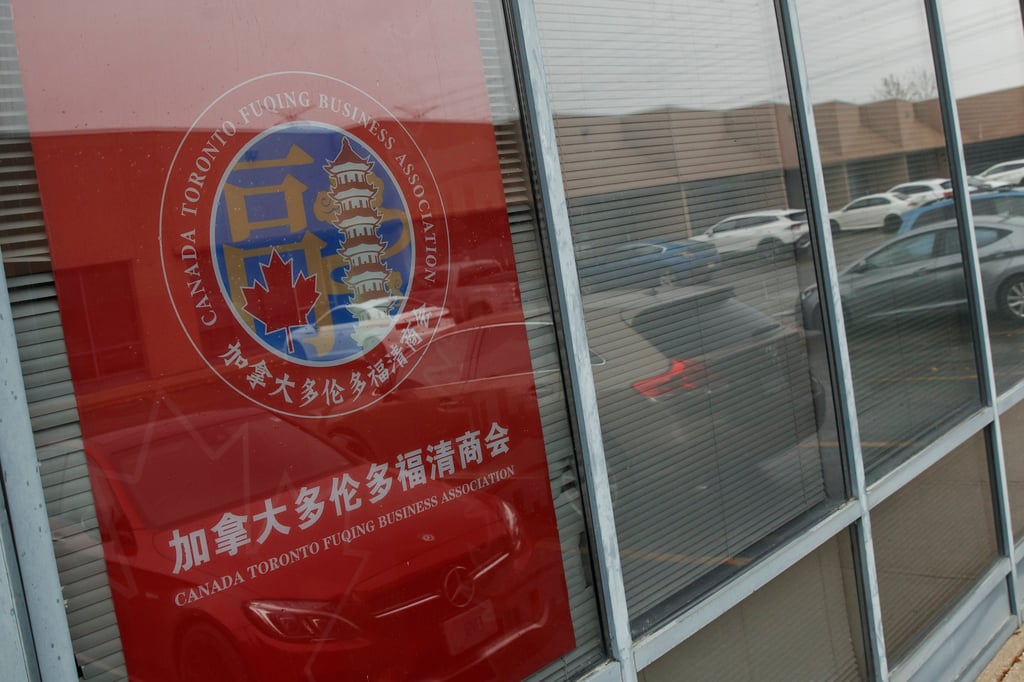Japan urged to root out secret Chinese ‘police stations’ amid spying concerns
- Lawmakers were alerted to the existence of two unofficial Chinese ‘police stations’ in Japan, which are said to be keeping tabs on dissenters
- The facilities have caused alarm among Japanese politicians, who described them as a national security concern and spy threat

The Japanese government is coming under growing pressure to divulge what it knows about Beijing setting up unofficial Chinese police stations in the country – that reportedly monitor its citizens abroad – with one lawmaker demanding the facilities be shut immediately.
The ministry alerted politicians to the matter, with a conservative group within the ruling Liberal Democratic Party holding a meeting in the Diet on Monday. The group, known as The Conference to Protect Japan’s Dignity and National Interest, demanded the government provide more information on the issue.

The government’s immediate response was that it already registered an official protest with Beijing, stating any activities that infringe upon Japan’s sovereignty were “absolutely unacceptable”.
Safeguard Defenders claims to have obtained details about two Chinese police stations in Japan. One is understood to be in the Kanda district of Tokyo and operated by the public Security bureau of Fuzhou in China’s Fujian province.
There are few details on the second facility, including its exact location, but it is believed to have been set up by officers from the Nantong public security bureau in Jiangsu province.